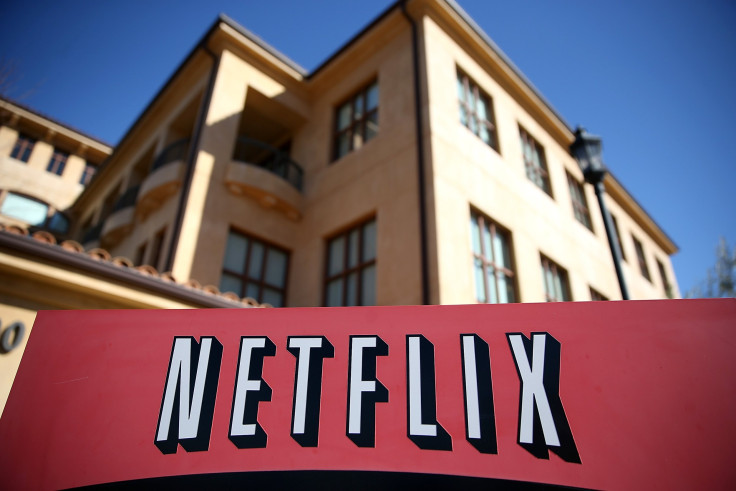Netflix Could Be Harming Couples' Sex Lives, Study Says

Couples may be spending less time being intimate with their significant others and paying more attention to watching programs on streaming services, a new study found.
Experts at Lancaster University in England found a new "busy hour" for internet usage was happening later in the evening between 10 p.m. and 11 p.m., a time when most couples would usually become intimate, due to many watching platforms such as Netflix, iPlayer and YouTube, according to a study published April in the journal Energy Research and Social Science.
"To the extent that this traffic is associated with viewing films or programs, rather than short videos on YouTube, it suggests that mobile devices are used to prolong hours of ‘TV watching’, perhaps after the main TV set has been turned off," the study read.
"This is supported by the diary study, in which instances of TV watching later in the evening tended to occur on mobile devices, and especially tablets. One participant remarked how it 'opens up a whole new world to watching television in bed' if she’s having trouble sleeping, while another reported that watching on a tablet in bed by himself, after having watched something with his family in the living room, helps him to fall asleep."
The report analyzed data from nearly 400 devices including tablets and smartphones to show that energy usage now occurred later in the day, which was initially from 8 p.m. to 10 p.m.
The study required some participants to keep diaries, which showed the new peak internet hour resulted from watching more television programs.
In its quarterly letter to investors in January 2016, Netflix said that on average, members streamed 42.5 billion hours worth of programming in 2015, an increase from 29 billion hours in 2014.
The streaming platform showed growth in membership from 57 million late in 2014 to 75 million in 2015.
Meanwhile, internet usage has increased significantly over the past few years and it is expected to continue to grow.
"Traffic flows have indeed risen massively from 100 GB per second in 2002 to 26,600 GB per second in 2016 and the volume of traffic is expected to nearly triple within the next 5 years," the report said.
© Copyright IBTimes 2024. All rights reserved.





















